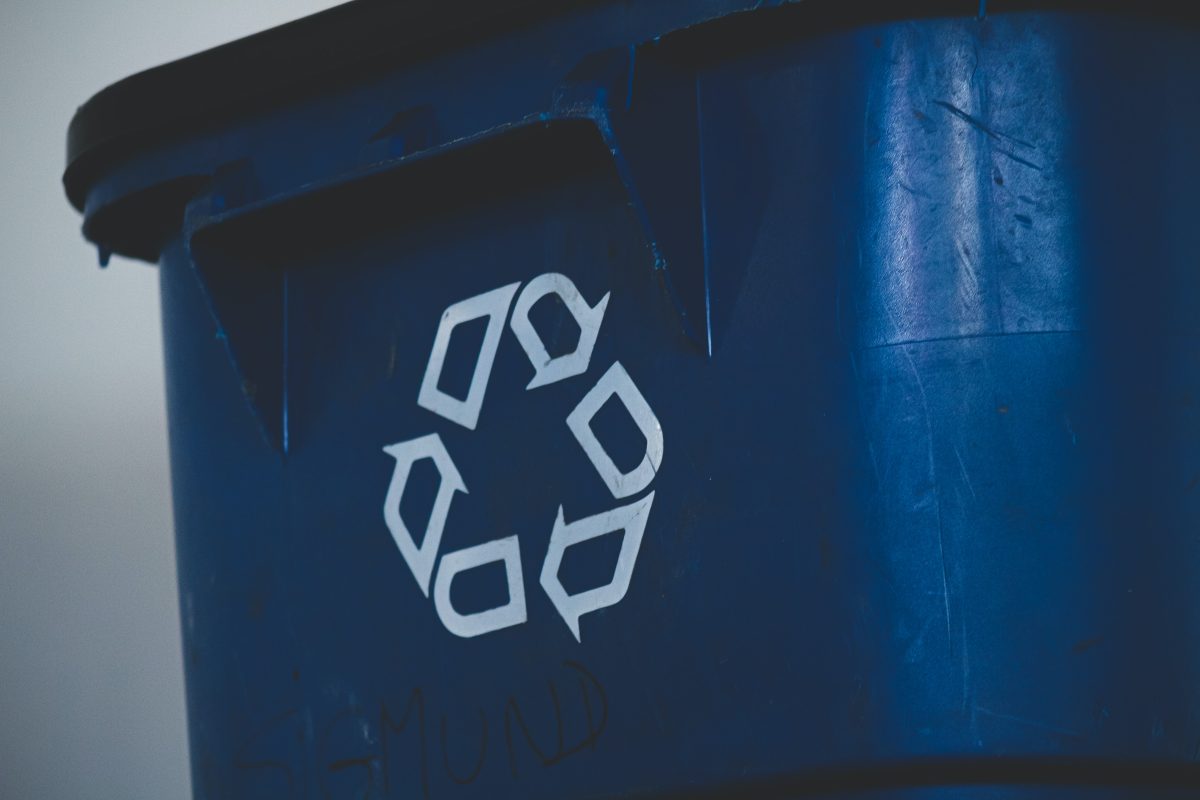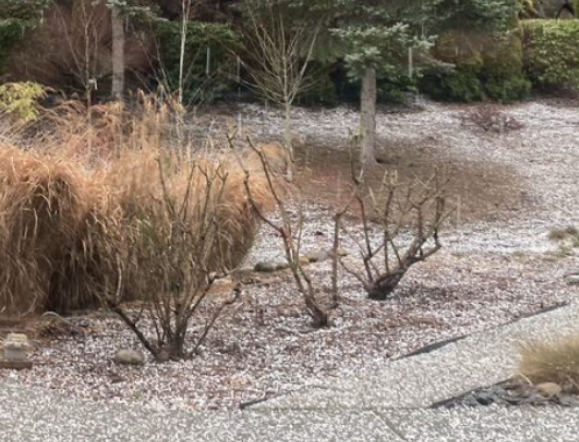According to a survey by the Carton Council of North America, 94% of Americans support recycling and 74% say that it should be a priority. Despite these findings, a 2015 fact sheet by the U.S. Environmental Protection Agency (EPA) shows that the national recycling rate is only a mere 35%. Why is there such a discrepancy between the two statistics?
A major issue contributing to the low national recycling rate is the lack of convenient recycling programs in the United States. Currently, it is up to state and local governments to create and maintain recycling programs in communities. As a result, availability of recycling programs differ drastically throughout the country. Some West Coast cities, like San Francisco, report that they recycle about 70% of the waste that they produce. On the other hand, many cities on the East Coast, including Washington, D.C., are recycling at rates even lower than the national average.
In a survey commissioned by Covanta, the most popular response (chosen by 39% of respondents) given as a reason for not recycling was the lack of convenient access. Although it is estimated that about 94% of Americans have access to a recycling program, the EPA estimates that only 73% of the population has access to curbside pickup. Because of this, many people need to travel to a drop off center near their area (if they even have one) to recycle material.
In addition, there are many places in the U.S. where citizens are not properly informed about recycling policies. In the same survey by Covanta, 62% of 2,000 American respondents said that they worry that their lack of knowledge causes them to recycle incorrectly. Furthermore, 22% of people said that they do not have enough information about recycling, while 18% said that they do not understand which materials can and cannot be recycled.
Dr. Paul Gilman, who is the chief sustainability officer at Covanta told the New York Post, “While done with good intentions, many Americans are practicing aspirational recycling — tossing things into recycling bins that they think should be recycled, rather than what can be recycled.”
When my family first moved to East Greenwich, Rhode Island in 2016, we did not receive a single guideline with information about recycling policies in our town. As a result, it was difficult to know whether a particular material was recyclable or not. Personally, when I do not know whether something is recyclable, I find myself putting it into the trash.
However, whenever I visit family in South Korea (which ranked in the top three of the world’s best recycling countries in 2018) I am always surprised by how everyone takes recycling seriously. In South Korea’s capital, Seoul, citizens are not only responsible for sorting their trash by material type, but are also charged for the amount of trash they dispose of. Every day, people take out their trash to the recycle collection in their community. It was both impressive and shocking to see how many people take time to sort out their recyclables into different bags according to material type. Such a situation is very unusual to see in my area, so I always struggle with sorting out recyclables and realize how much attention and education I lack in properly disposing trash.
When comparing my experiences in Korea to the U.S., it is clearly noticeable that the U.S. is struggling to effectively recycle.
Niel Seldman, director of the Waste to Wealth Initiative at the Institute for Local Self Reliance, said to NBC, “Recycling is stagnating in the US not because people don’t want to recycle, it’s because the structure is the least efficient form of recycling.”
As someone who witnessed first-hand the inefficiencies of the U.S. recycling system, I find a significant need for reform to many of the current recycling programs in order for America to develop as a green and healthy country that contributes to the global community.





